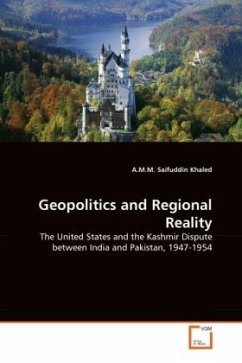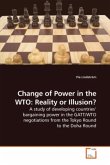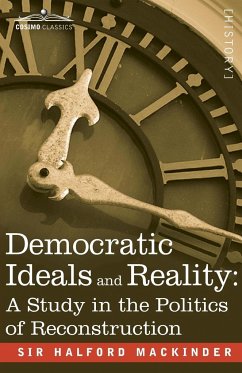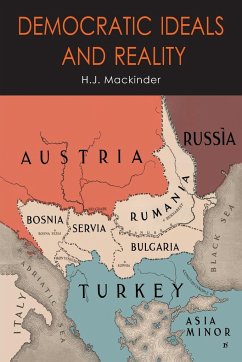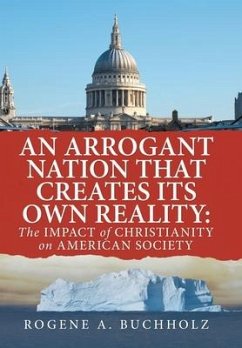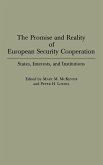American role in the Kashmir dispute has been a controversial one. While Washington claimed neutrality between India and Pakistan in its search for a peaceful settlement of the crisis, the US policy progressively came to be identified as pro-Pakistani, especially by the Indians. This policy apparently reached its climax in May 1954 when the United States befriended Pakistan by agreeing to supply arms to Karachi under a Mutual Security Assistance pact. Although designed as a Cold War strategy, the US Pakistan alliance was taken by the Indians as more anti-Indian than anti-Soviet. Reasoning that the flow of American arms to Pakistan had changed the entire context of the Kashmir issue, the Indian government backed away from her earlier commitments to the United Nations on Kashmir, in addition to breaking off all negotiations with Pakistan. More importantly, the alliance invited an otherwise indifferent Soviet Union (former) into the situation. A solution of the Kashmir problem thus became very difficult and the possibility of substantial American contribution more remote as the issue entered completely into the vortex of the Cold War.

